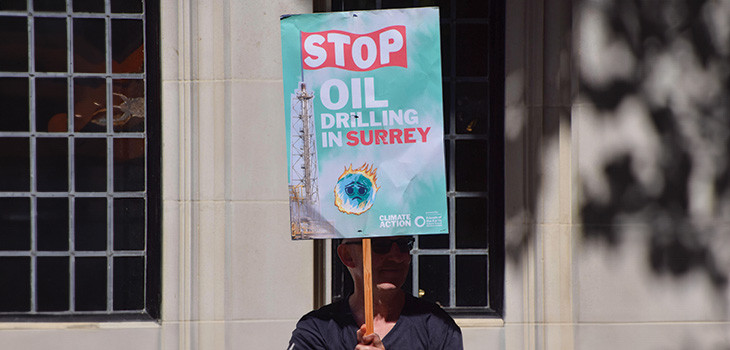
- An in-depth explainer of the Supreme Court decision in Finch, including the background to the case, as well as the majority and dissenting judgments.
- Includes an analysis of the decision, explaining the most likely impacts the decision will have on other projects and future climate change litigation.
On 20 June 2024, the Supreme Court handed down (a 3-2 majority) judgment in R (on the application of Finch on behalf of the Weald Action Group) v Surrey County Council and others [2024] UKSC 20, [2024] All ER (D) 71 (Jun). Lord Leggatt, who wrote the judgment for the majority, described it as ‘plain’ that the requirement to consider the ‘direct or indirect... effects of the project’ to extract oil meant that the environmental impact assessment (EIA) should include not just the greenhouse gas emissions directly arising from the project but also an assessment of emissions that will occur ‘downstream’ (sometimes referred









